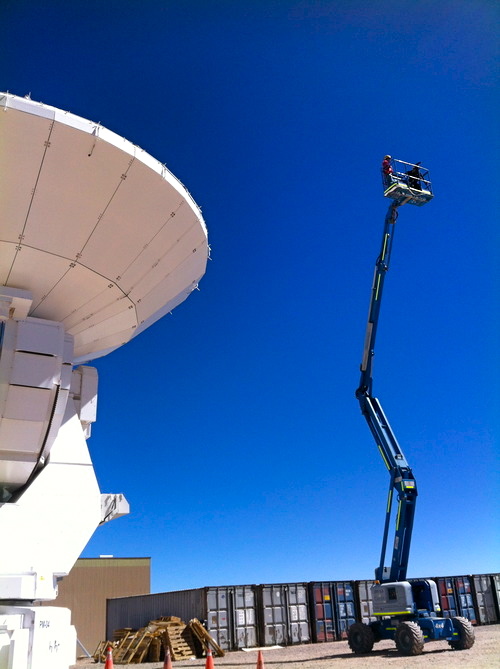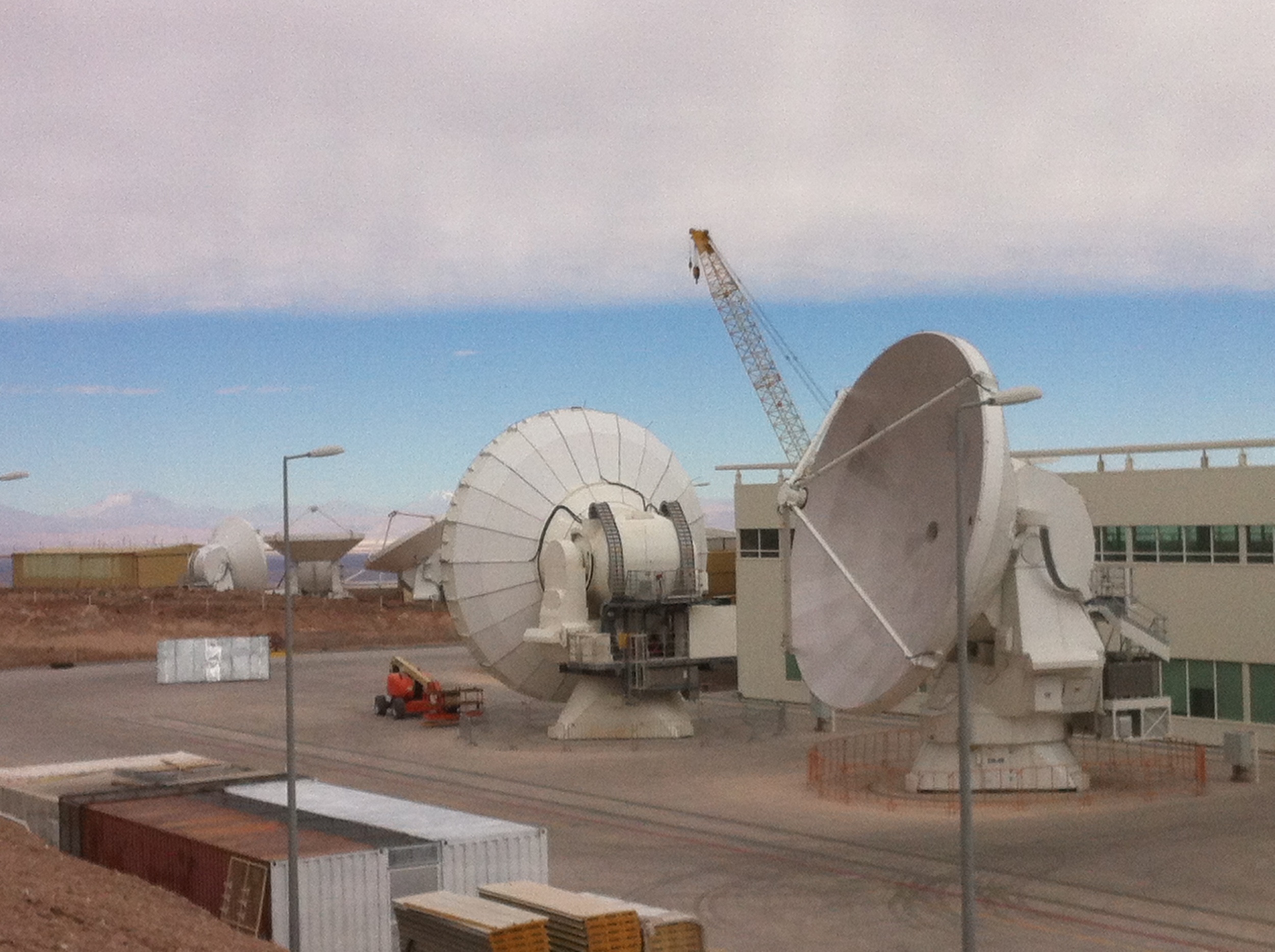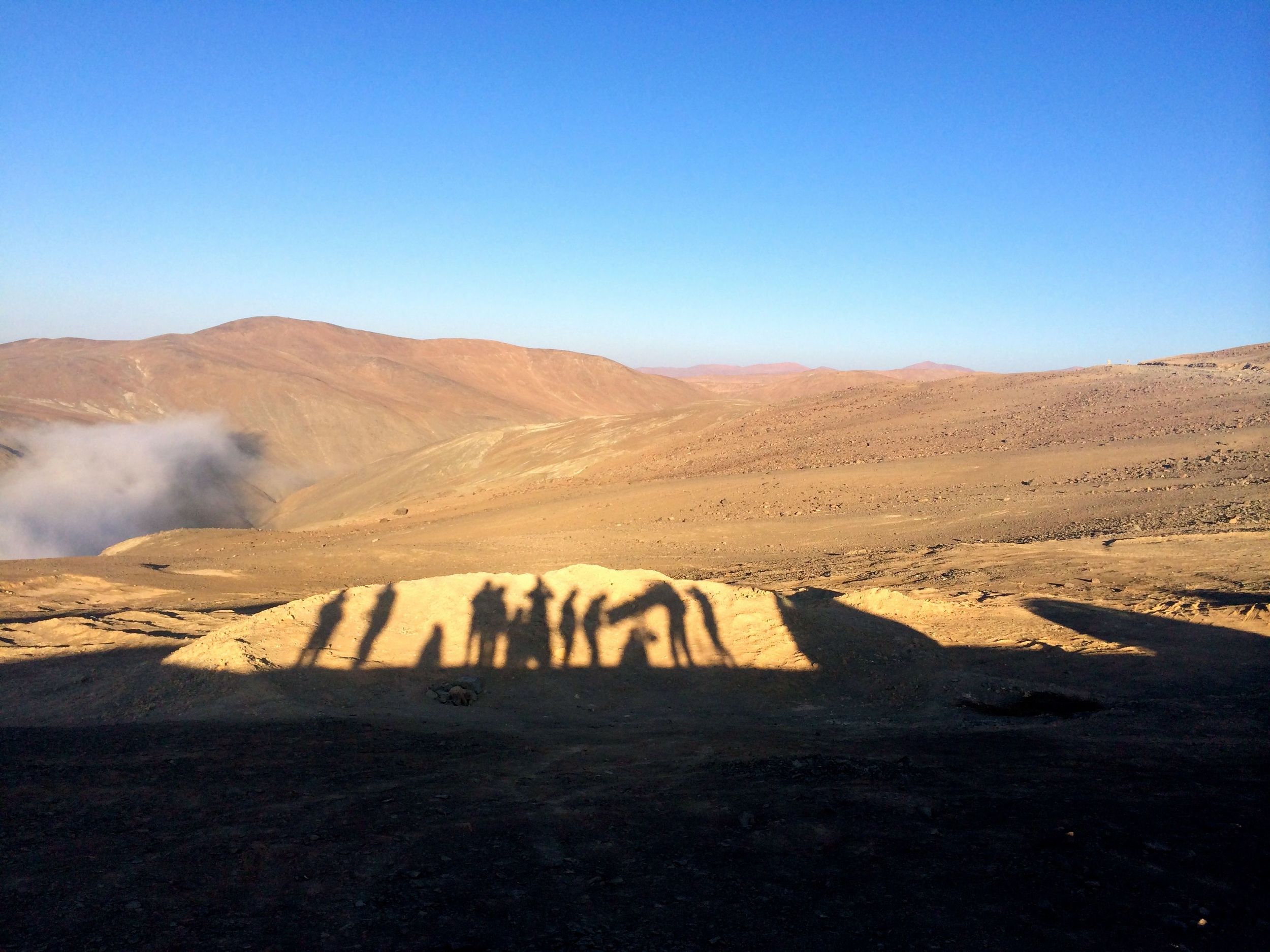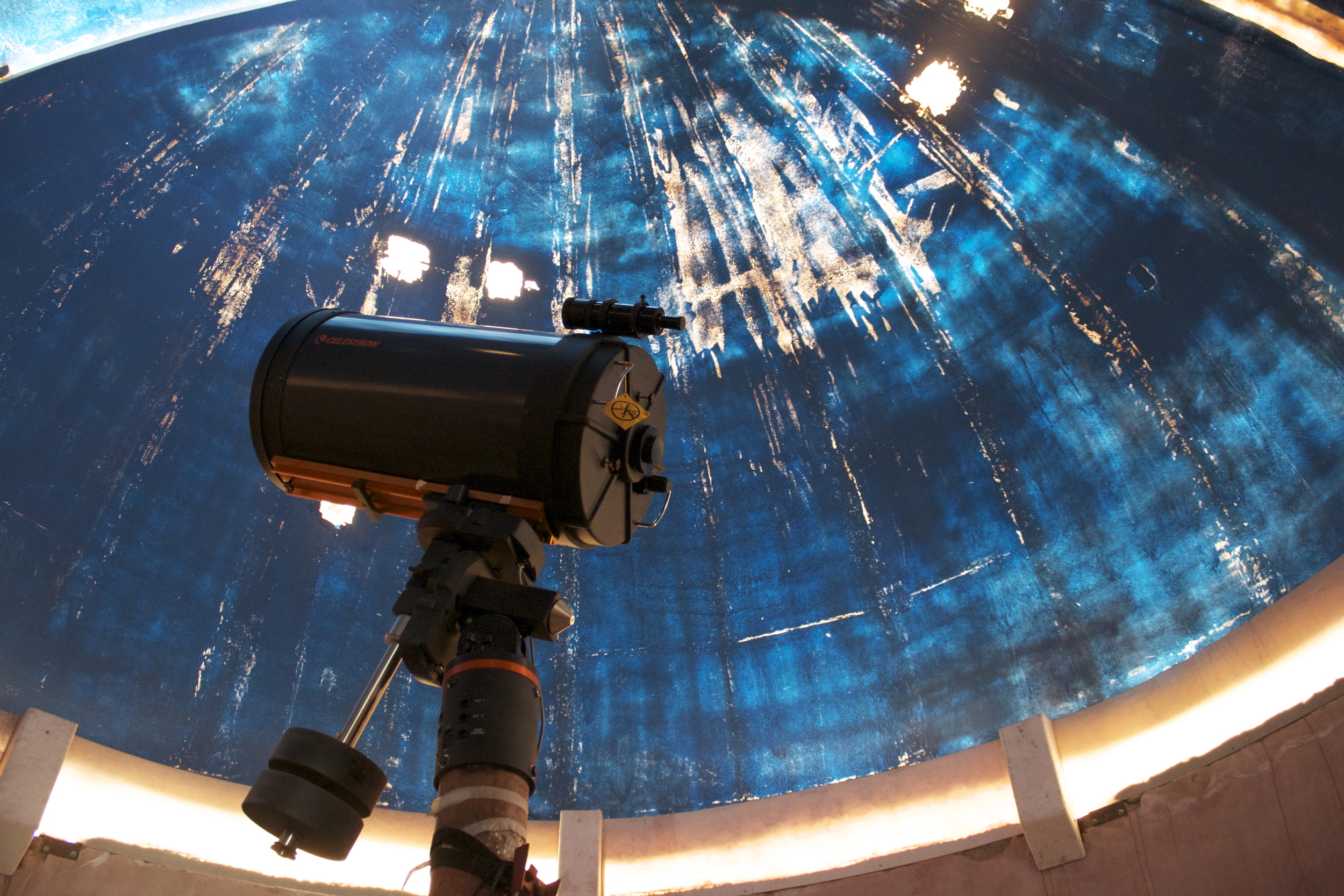
Katie Detwiler
Katie Detwiler is a Ph.D. candidate in Anthropology at The New School for Social Research whose dissertation explores how the sky over northern Chile's Atacama Desert, a global hub of astronomical science, is engaged in practice as a natural, media-rich ecology and as a technical environment to be measured, shaped, and optimized via the regulation of light pollution.
KATIE DETWILER is a Ph.D. candidate in Anthropology at The New School for Social Research. Her dissertation, Science Fell in Love with the Chilean Sky: Data as a Speculative Resource in the Atacama Desert, is based on fifteen months of fieldwork in Chile’s Atacama Desert, the driest non-polar desert on the planet, an extractive resource frontier, and a global hub of astronomical science. Centrally, the dissertation details how the sky is fashioned to be a field of translatable information—collected by observatories in the form of ancient light—through the regulation of illumination and communication infrastructures in desert communities and industries. Following the work of astronomers, light pollution regulators, illumination engineers, and so-called data cleaners at Chile’s observatories, the dissertation explores how the Chilean sky is cultivated as a pristine, media-rich ecology and is simultaneously produced as a technical environment to be measured, shaped, and optimized via the regulation of light pollution. The dissertation asks how concerns with pristine or polluting light and with pure or corrupted data reshape infrastructures, economies, and communities in the Atacama. It follows the far-flung effects of the Chilean sky, from which telescopes produce massive quantities of internationally circulating data. Moving as intellectual property, these data form the raw material from which new astronomical measures, images, and imaginaries are generated.
Katie has worked with artists who address concerns with space, environment, and technology, for example as a contributor to photographer and geographer Trevor Paglen’s public art project, The Last Pictures. Alongside her dissertation, she is experimenting in film with footage taken of the construction of the largest observatory on the planet, the Atacama Large Millimeter/Submillimeter Array.








